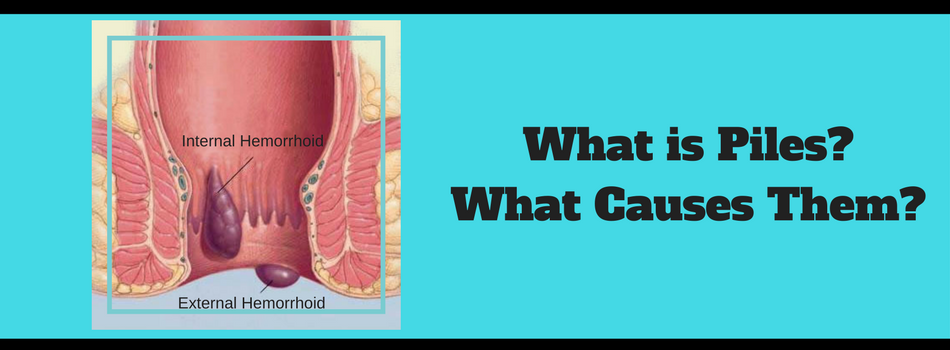What are Piles and what causes them?
In the tip of the anal canal there are clump of tissues filled with blood vessels, muscles and fibroid materials that gives a sort of cushion. This region is also referred as Hemorrhoid. If complex Hemorrhoid tissue gets dilated by normal blood vessels with blood, the condition is referred as Piles or Hemorrhoid. In India Piles is a more common term understood by all where Hemorrhoid is a term understood in the Americas.
A Little More on Piles
The anal canal (anus) is a 4cm long structure that extends above the large intestine (rectum) where the motion is stored. The entire lining of the anal canal is networked with numerous veins. These veins sometimes gobble more blood than usual and develop a swelling like appearance (bag of worms). These dilated veins filled with blood along with the adjacent tissue form a tuft and this is called Piles. Often many such tufts or tissue clumps can be found. Simply piles or hemorrhoid is nothing but a mass of dilated normal blood vessel filled with venous blood.
Hemorrhoids or piles can be present either inside the anal canal and are called internal hemorrhoid or they might project outside the anal canal thereby making it visible outside,, and are called external hemorrhoid.
What Causes Piles?
The exact cause of piles is still not known. However there are fair ideas on what factors predominantly cause piles. They are
- Chronic Constipation – If you habituated to constipate, that simply translates to the fact that you are straining a lot to pass stools. Over a period of time because of the strain / backflow pressure on the blood vessels piles can form.
- Pregnancy – Piles is also reported to occur during pregnancies. However most piles caused due to pregnancy have been reported to disappear after pregnancy is over. Because the pressure in the abdomen due to the weight of the baby causes backflow pressure to the veins.
- Diarrhea – Constant diarrhea can also weaken the anal cushion thereby causing piles.
- Food Poor in Fiber – Food not so rich in fiber can easily cause a constipated bowel. Since constipation is a known factor for causing piles, non-fibrous food aggravates the cause.
- Age – Age is also a factor. The more we get older, the cushion of the anal canal becomes weak and are unable to support and gives away to piles.
- Genetics – Blame it on the genes. Hereditary factor also plays an important role in causing piles.

